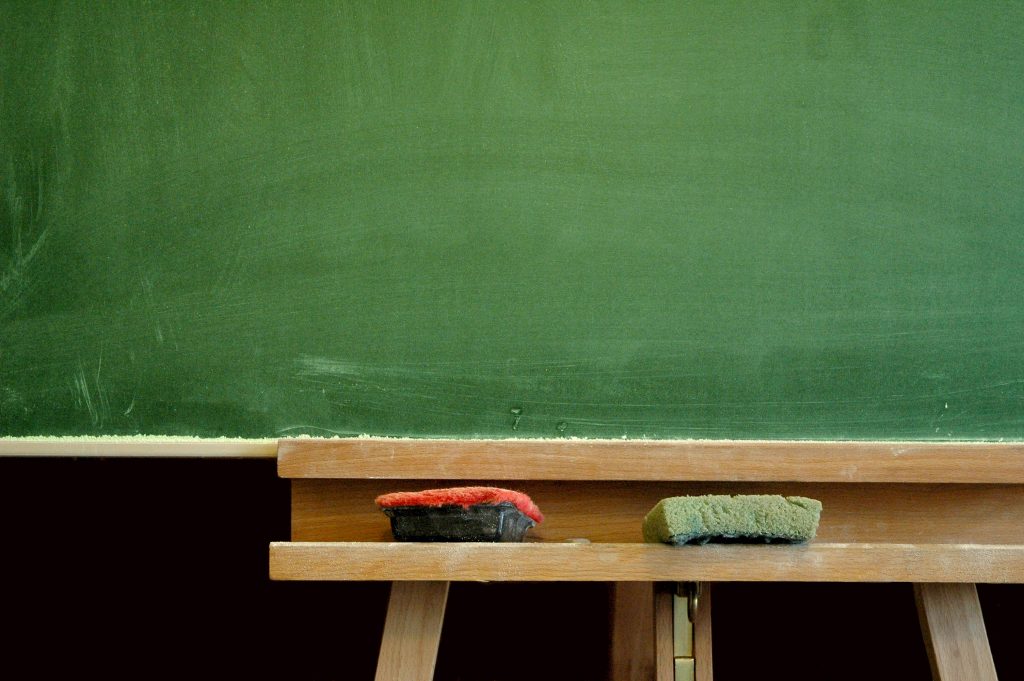 People seek assistance from the courts for a number of reasons. Some may demand a monetary payment after suffering a loss due to another’s wrongful conduct. Others may aim to prevent harm resulting from the wrongful conduct of another by petitioning the court for protective action. In Louisiana, a court has several ways to prevent harm. One way is the injunction, a court order requiring a person or entity to act in a certain way or to avoid specified conduct. This is generally in the form of a permanent injunction, issued after a formal trial. However, before or during such a trial, the court may hold a hearing to consider a preliminary injunction, which acts to achieve the petitioner’s objective temporarily, until a full judgment can be made. Another way is a temporary restraining order. This order is similar to a preliminary injunction but is utilized in emergency situations where the delay due to a hearing could result in irreparable harm to the petitioner.
People seek assistance from the courts for a number of reasons. Some may demand a monetary payment after suffering a loss due to another’s wrongful conduct. Others may aim to prevent harm resulting from the wrongful conduct of another by petitioning the court for protective action. In Louisiana, a court has several ways to prevent harm. One way is the injunction, a court order requiring a person or entity to act in a certain way or to avoid specified conduct. This is generally in the form of a permanent injunction, issued after a formal trial. However, before or during such a trial, the court may hold a hearing to consider a preliminary injunction, which acts to achieve the petitioner’s objective temporarily, until a full judgment can be made. Another way is a temporary restraining order. This order is similar to a preliminary injunction but is utilized in emergency situations where the delay due to a hearing could result in irreparable harm to the petitioner.
Michael Delesdernier and Cedric Floyd were both elected to membership of the Jefferson Parish School Board in 2014. At a meeting of the board in July of 2014, the school board’s attorney offered a legal opinion on a matter before the board. Apparently disagreeing with the attorney’s statement, Floyd responded in an aggressive manner using strong words. Delesdernier advised Floyd to calm down, which suggestion Floyd did not well. Floyd began yelling and shoved Delesdernier against the wall. Multiple board members intervened to separate Floyd from Delesdernier, who did not fight back. Following this altercation, Delesdernier filed a petition for an injunction and temporary restraining order from the Jefferson district court. He asked the court to prevent Floyd from coming within three feet of him and to order him not to threaten or intimidate him. In the interval before the preliminary injunction hearing, the district court issued multiple temporary restraining orders, which Floyd opposed. In October of 2014, the district court conducted a hearing to consider issuing a preliminary injunction. After considering the testimony of eyewitnesses to the altercation, the court dismissed Floyd’s motion opposing the temporary restraining order and issued the preliminary injunction. Floyd appealed this decision to Louisiana’s Fifth Circuit Court of Appeal.
Under Louisiana law, a party cannot appeal a decision involving a temporary restraining order. La. C.C.P. art. 3612. However, a preliminary injunction is subject to appellate review. For an injunction to be issued by the court, the petitioner must prove that without it, he would be irreparably harmed. La. C.C.P. art. 3601(A). Irreparable harm is an injury or loss that a money judgment would not remedy. However, there is an exception to the requirement of irreparable harm: if the petitioner can show that the conduct he seeks to prevent is unlawful, then he no longer must prove irreparable harm. Jurisich v. Jenkins, 749 So.2d 597 (La. 1999). Here, Floyd’s threatening and violent conduct during the school board altercation would be considered unlawful assault under Louisiana law. La. R.S. 14:36. The same unlawful conduct is what Floyd sought to prevent through his petition. Accordingly, the Fifth Circuit held that the district court had acted properly in granting the preliminary injunction, and affirmed the judgment.
 Louisiana Personal Injury Lawyer Blog
Louisiana Personal Injury Lawyer Blog


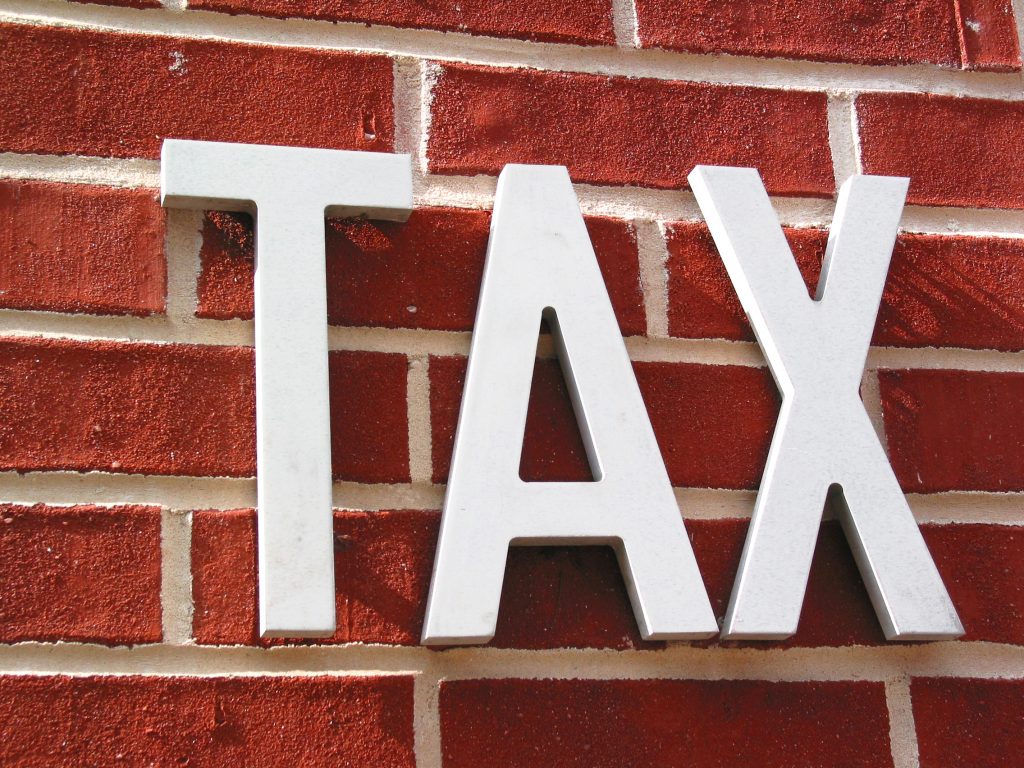 The old saying goes: nothing is certain but death and taxes. In the case of property taxes on real, or immovable, property, failure of payment can permit the sheriff of the parish in which the property is located to hold a “tax sale.” In a tax sale, the delinquent property taxes are paid out of the proceeds of the property’s sale. Removing a homeowner from his residence in order to pay overdue taxes is a very serious and potentially damaging action — both financially and emotionally — for the homeowner. For this reason, under Louisiana law, property owners who lose their homes due to a tax sale have options for reclaiming their property after a tax sale if they can obtain sufficient funds to make good on what they owe. This process is known as redemption of the property. If redemption is not feasible, a homeowner can still seek an annulment of the tax sale if certain conditions are met. A case that came before Louisiana’s Fifth Circuit Court of Appeal illustrates how these procedures operate.
The old saying goes: nothing is certain but death and taxes. In the case of property taxes on real, or immovable, property, failure of payment can permit the sheriff of the parish in which the property is located to hold a “tax sale.” In a tax sale, the delinquent property taxes are paid out of the proceeds of the property’s sale. Removing a homeowner from his residence in order to pay overdue taxes is a very serious and potentially damaging action — both financially and emotionally — for the homeowner. For this reason, under Louisiana law, property owners who lose their homes due to a tax sale have options for reclaiming their property after a tax sale if they can obtain sufficient funds to make good on what they owe. This process is known as redemption of the property. If redemption is not feasible, a homeowner can still seek an annulment of the tax sale if certain conditions are met. A case that came before Louisiana’s Fifth Circuit Court of Appeal illustrates how these procedures operate.  In order to prevail in a lawsuit, the plaintiff must have a “cause of action,” which is a theory of law supported by facts that the court can recognize as a path to providing the plaintiff a remedy. At trial, a defendant may raise a peremptory exception — essentially an argument that the court cannot help the plaintiff with his or her problem — if the plaintiff’s petition does not allege facts that support the cause of action.
In order to prevail in a lawsuit, the plaintiff must have a “cause of action,” which is a theory of law supported by facts that the court can recognize as a path to providing the plaintiff a remedy. At trial, a defendant may raise a peremptory exception — essentially an argument that the court cannot help the plaintiff with his or her problem — if the plaintiff’s petition does not allege facts that support the cause of action. 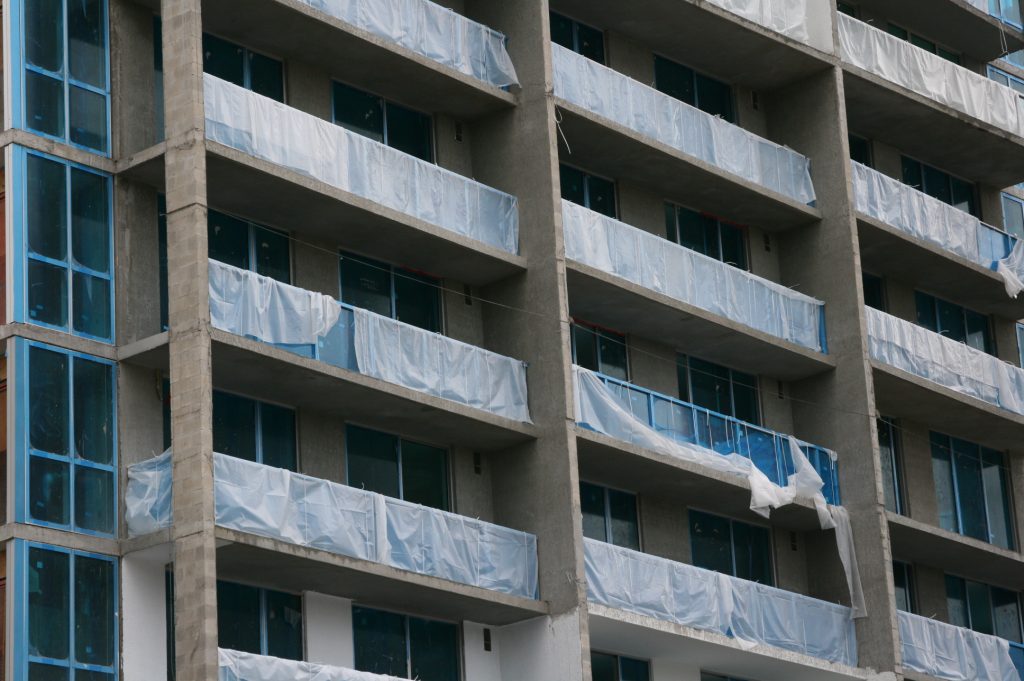 It really does go without saying, but lawsuits tend to progress slowly. Delays abound and the realities of finite court resources mean that lawsuits can take years to complete. As an alternative to using this system, some parties will agree to arbitrate disputes. Arbitration takes place outside the court system before a contractually agreed upon third party who hears evidence and renders a final decision (much like a judge). Although it is sometimes successful, arbitration can often result in court litigation anyway. After a dispute arose over the quality of some condo construction in Biloxi, Mississippi, the New Orleans Glass Company attempted to litigate rather than arbitrate.
It really does go without saying, but lawsuits tend to progress slowly. Delays abound and the realities of finite court resources mean that lawsuits can take years to complete. As an alternative to using this system, some parties will agree to arbitrate disputes. Arbitration takes place outside the court system before a contractually agreed upon third party who hears evidence and renders a final decision (much like a judge). Although it is sometimes successful, arbitration can often result in court litigation anyway. After a dispute arose over the quality of some condo construction in Biloxi, Mississippi, the New Orleans Glass Company attempted to litigate rather than arbitrate.  No one wants to think about how to find a good lawyer or whether they should file a lawsuit after they’ve been injured. Most likely, they are preoccupied with trying to heal. But it is critical to keep in mind that many claims may be time-barred, and a lawsuit cannot be filed after a certain amount of time has passed. An injured party
No one wants to think about how to find a good lawyer or whether they should file a lawsuit after they’ve been injured. Most likely, they are preoccupied with trying to heal. But it is critical to keep in mind that many claims may be time-barred, and a lawsuit cannot be filed after a certain amount of time has passed. An injured party Americans value their privacy. Yet in certain contexts, privacy is not absolute. For instance, an employer may order an employee to get a blood test if pertinent to a work-related incident, even if that employer is the government itself.
Americans value their privacy. Yet in certain contexts, privacy is not absolute. For instance, an employer may order an employee to get a blood test if pertinent to a work-related incident, even if that employer is the government itself.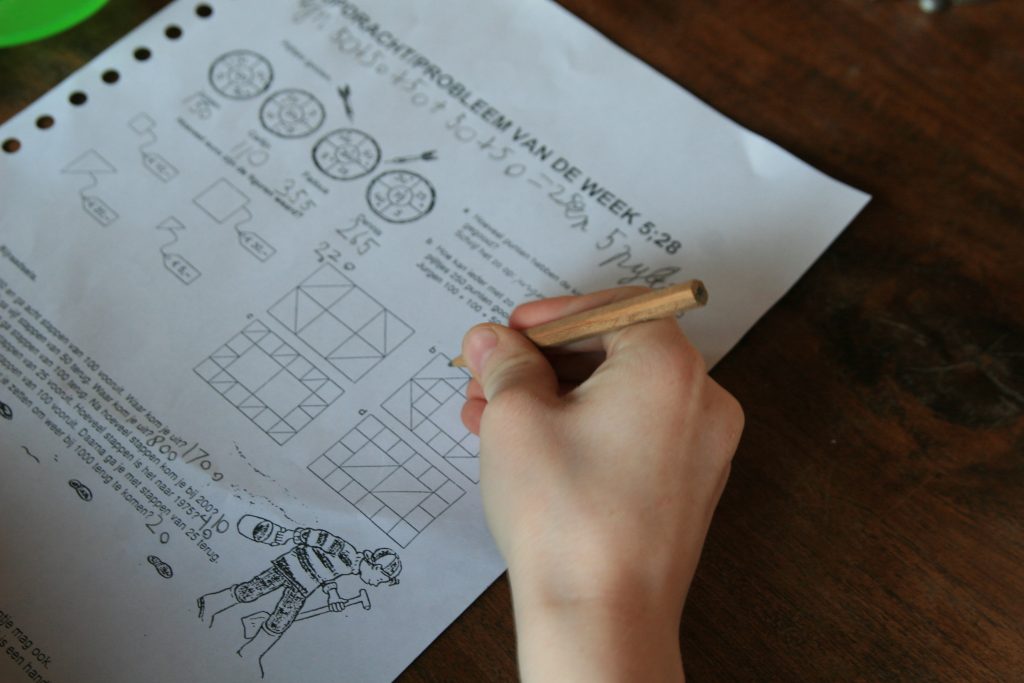 The worst thing that could happen if you are in a bad situation is for that situation to get worse. A New Orleans, Louisiana, resident found himself in that exact scenario when he was in legal trouble and subsequently found himself in even deeper legal trouble.
The worst thing that could happen if you are in a bad situation is for that situation to get worse. A New Orleans, Louisiana, resident found himself in that exact scenario when he was in legal trouble and subsequently found himself in even deeper legal trouble.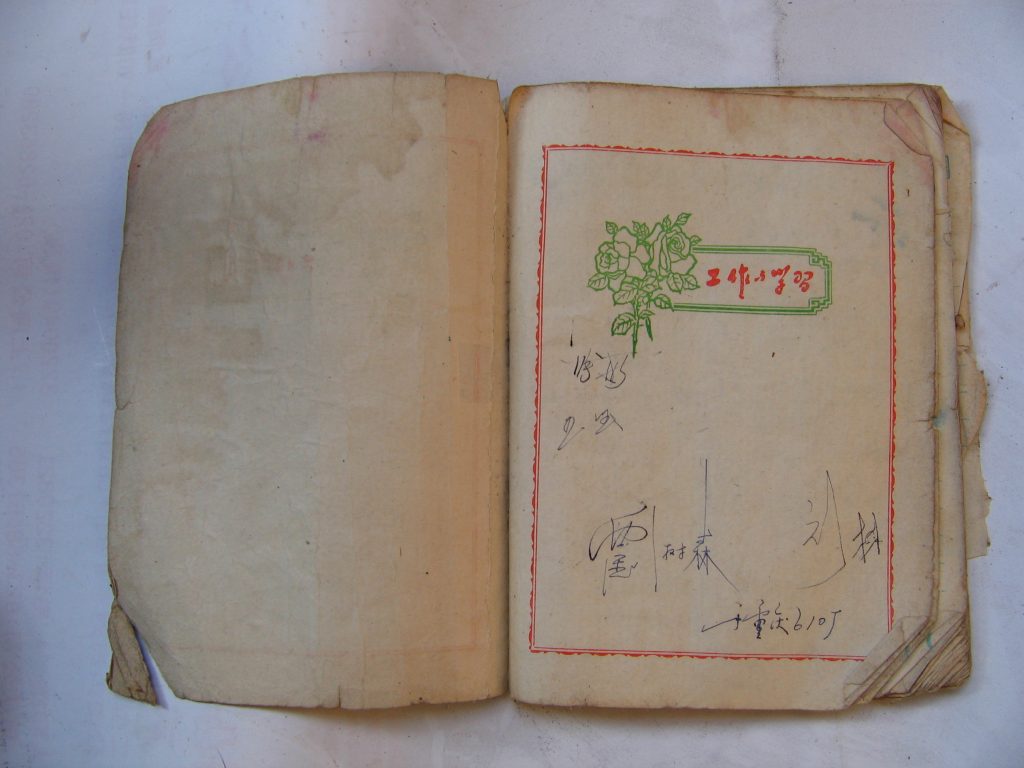 Many people think that if they make a will, the administration of their property after death will go smoothly, with no questions asked. This is not always the case. A Louisiana case out of Jefferson Parish dealt with one of these precarious situations.
Many people think that if they make a will, the administration of their property after death will go smoothly, with no questions asked. This is not always the case. A Louisiana case out of Jefferson Parish dealt with one of these precarious situations. A contract creates a level of trust between two businesses or individuals, but what happens when one individual fails to uphold their end of the bargain? Or worse yet, what happens when an individual purposefully misrepresents their ability to uphold their end of the bargain? These are issues the Louisiana Third Circuit Court of Appeal recently addressed in a lawsuit between Meyer & Associates, Inc. (“Meyer & Associates”) and the Coushatta Tribe of Louisiana.
A contract creates a level of trust between two businesses or individuals, but what happens when one individual fails to uphold their end of the bargain? Or worse yet, what happens when an individual purposefully misrepresents their ability to uphold their end of the bargain? These are issues the Louisiana Third Circuit Court of Appeal recently addressed in a lawsuit between Meyer & Associates, Inc. (“Meyer & Associates”) and the Coushatta Tribe of Louisiana.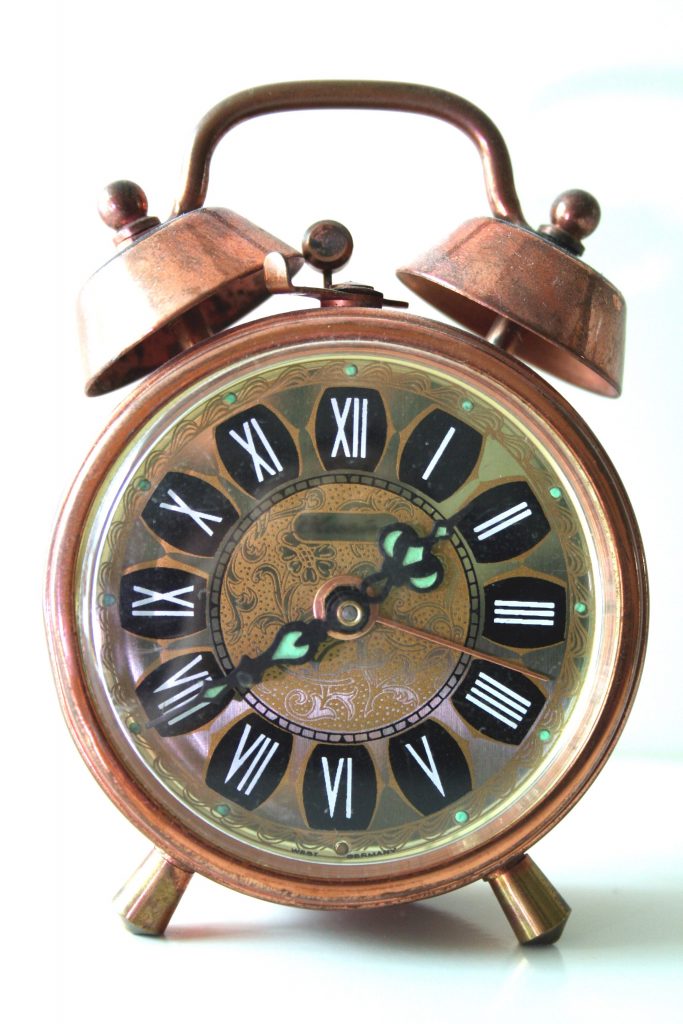 When an employee is injured on the job, workers’ compensation is often a faster and more efficient method to seek damages than other judicial remedies. Once a judgment is entered, it is important for the injured party to promptly collect damages because this judgment could prescribe, or no longer be enforceable.
When an employee is injured on the job, workers’ compensation is often a faster and more efficient method to seek damages than other judicial remedies. Once a judgment is entered, it is important for the injured party to promptly collect damages because this judgment could prescribe, or no longer be enforceable.